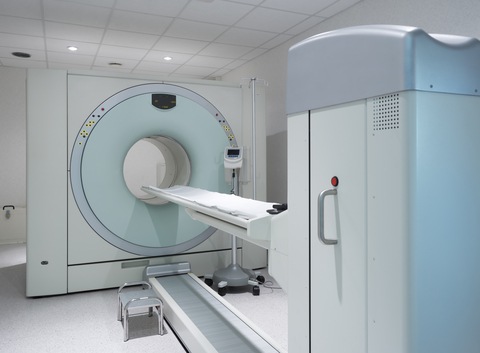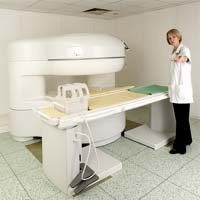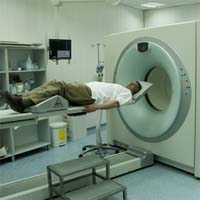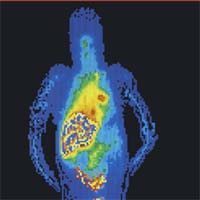PET/CT Scans May Be Less Accurate in Elderly Mesothelioma Patients
Researchers at Case Western Reserve are warning cancer doctors not to rely too heavily on PET/CT scans when diagnosing malignant mesothelioma – especially in older patients. PET/CT is an important tool for staging mesothelioma and can help with diagnosis. But a new case report highlights the problem of false-negative PET/CT scans. In this case involving a 77-year-old man, PET/CT showed no mesothelioma. Even the man’s lung fluid tests were negative for mesothelioma. The case is a potent reminder that biopsy is still the gold standard for diagnosing asbestos cancer. PET/CT Scans and Other Tools for Diagnosing Mesothelioma Pleural mesothelioma is a tricky cancer to diagnose. Most patients do not even have symptoms until the disease is in a later stage….






